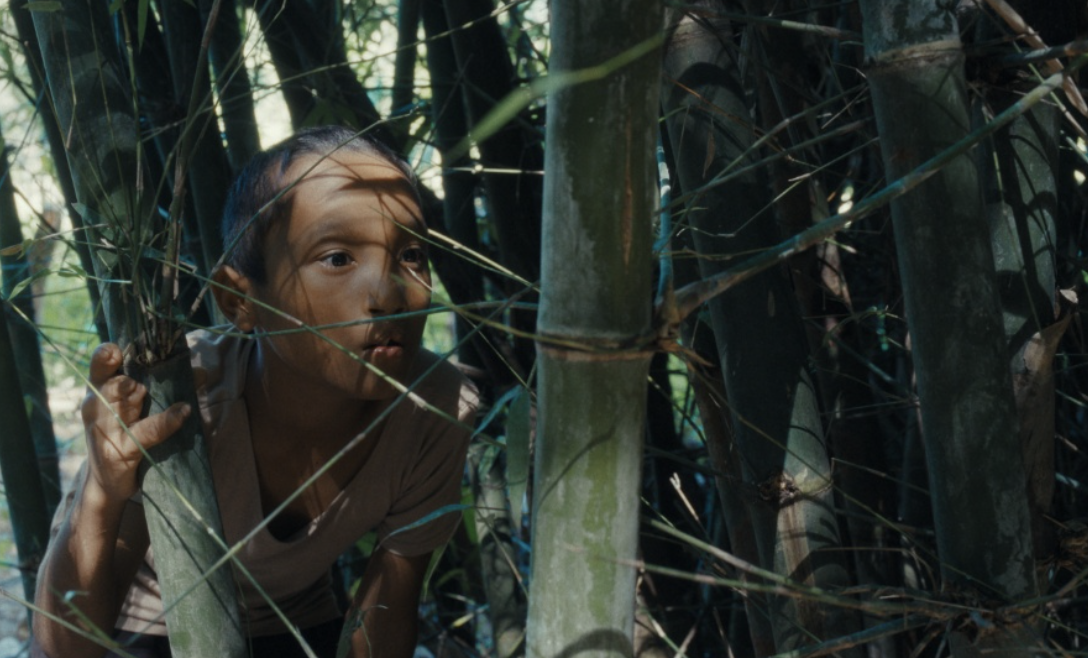The cherished Jio MAMI Mumbai Film Festival made a triumphant return in 2023, rekindling the fervour of cinema enthusiasts. It's as if aficionados had been yearning for this immersive theatre experience. Crowds had been forming hours ahead of time to secure seats for some of the most highly-anticipated films. There were individuals who had even taken time off from work to fully envelop themselves in the vast offering of films.
1. Stolen
2. Kennedy
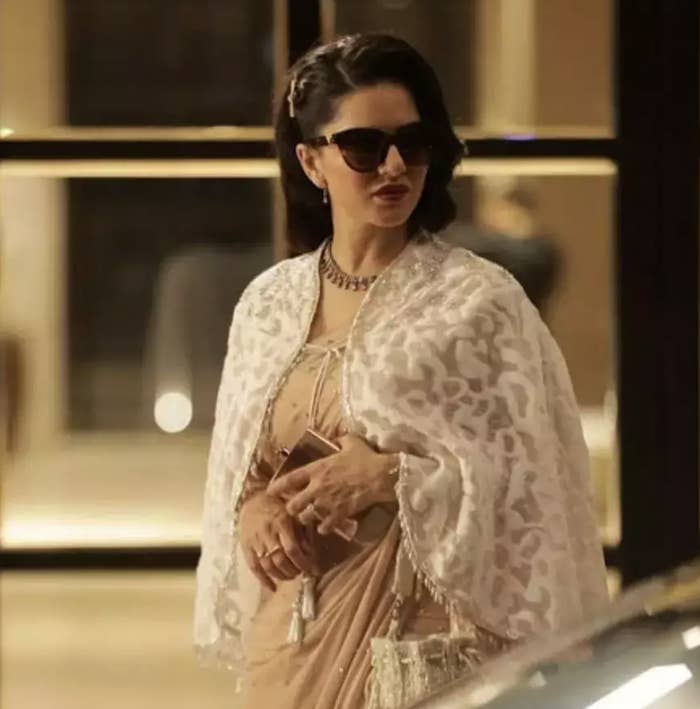
3. Afire

4. Dear Latika
5. Inshallah A Boy
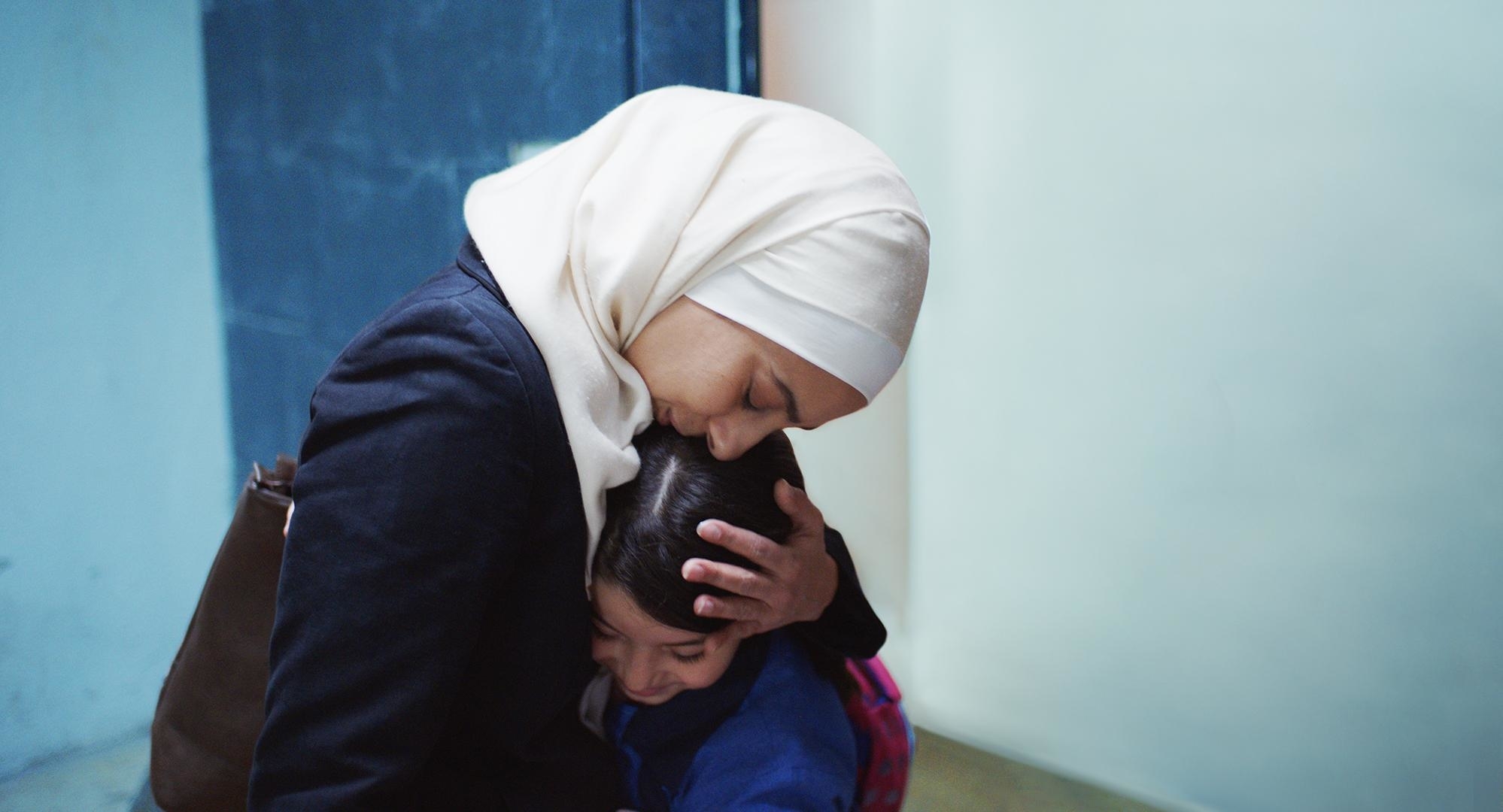
6. Hoard
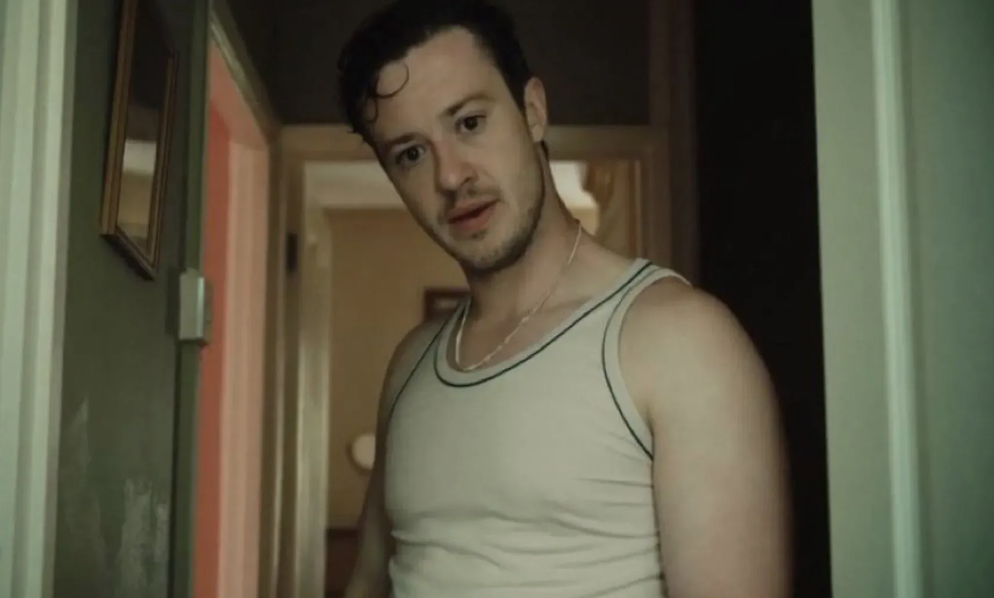
7. 20,000 Species of Bees
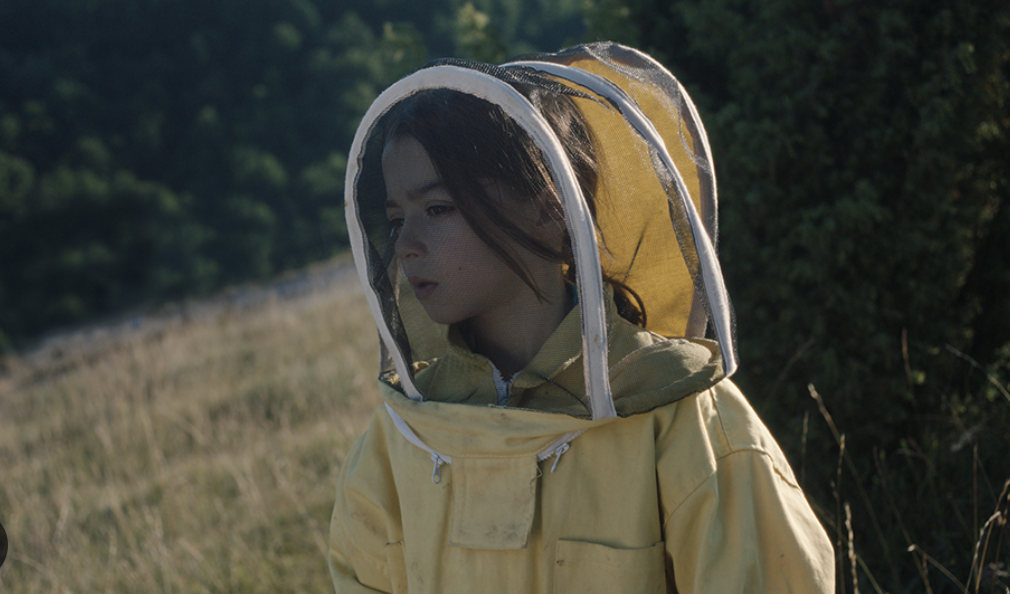
8. Thadavu (The Sentence)
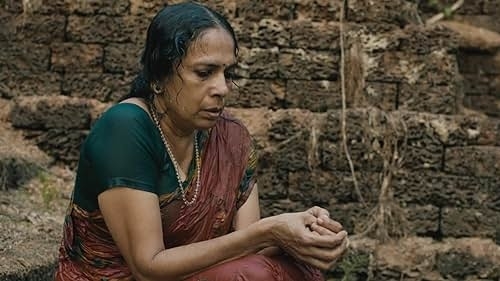
9. While We Watched
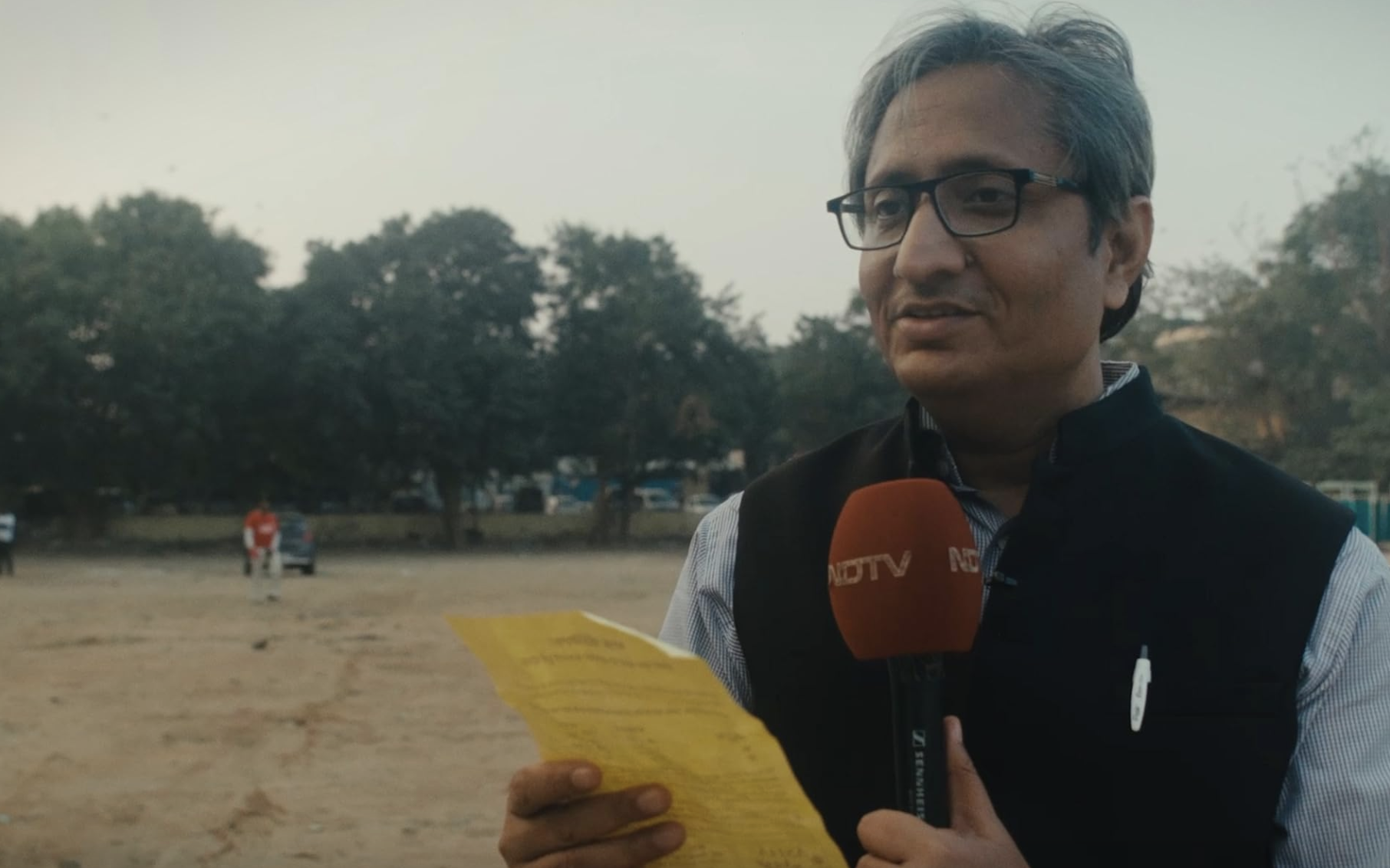
10. Fremont
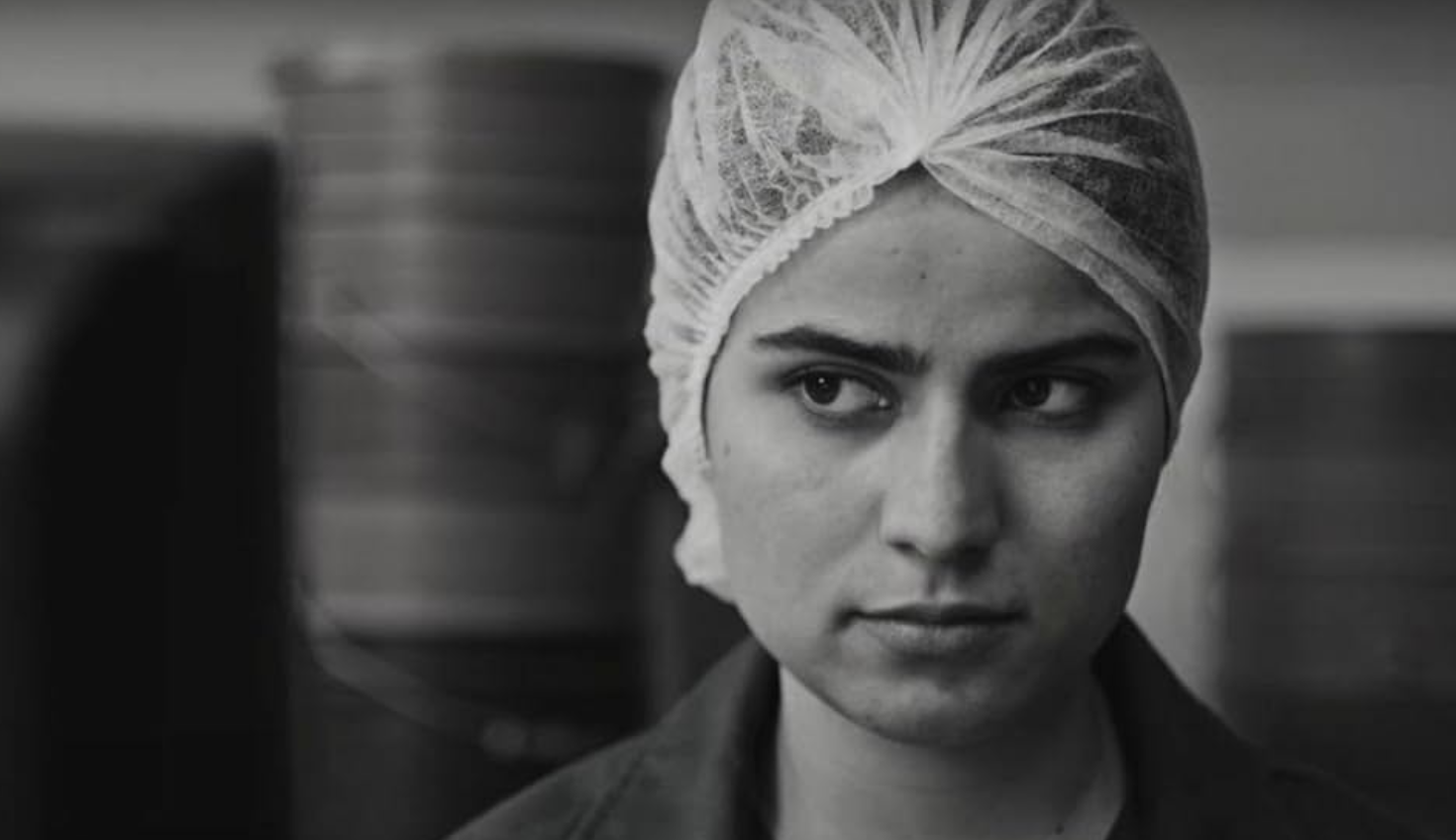
11. Daaaaaali!

12. The Contestant

13. All India Rank
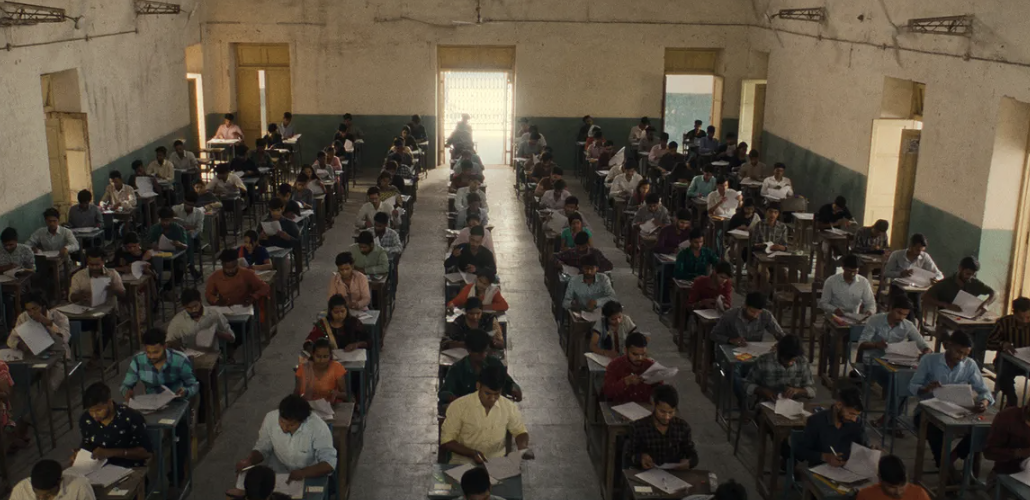
14. Sahela (Companion)
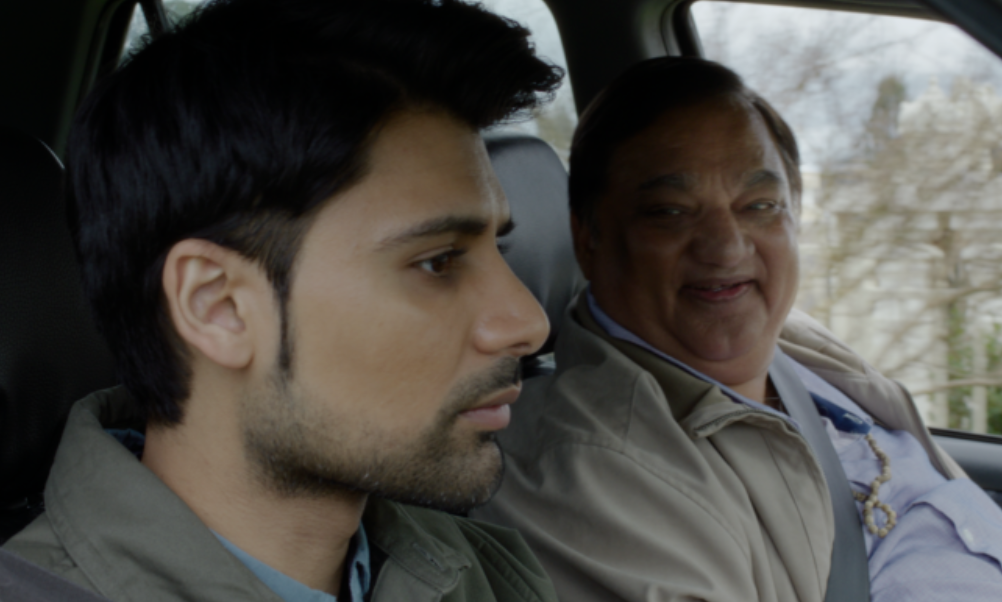
15. Maestro
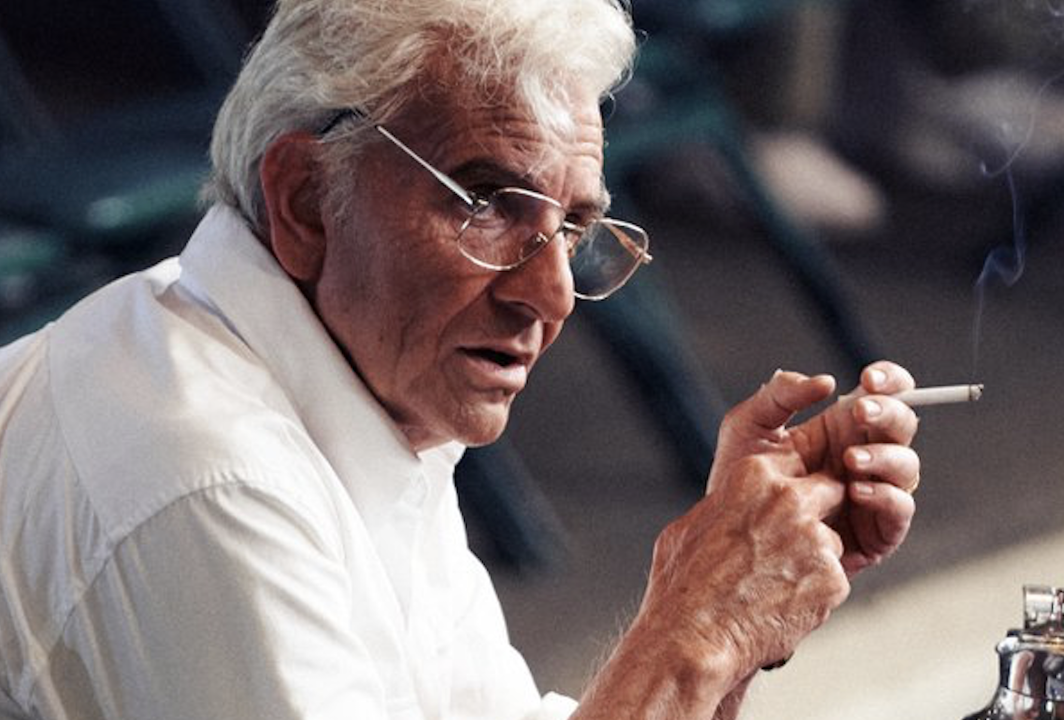
16. Rapture (Rimdogittanga)
